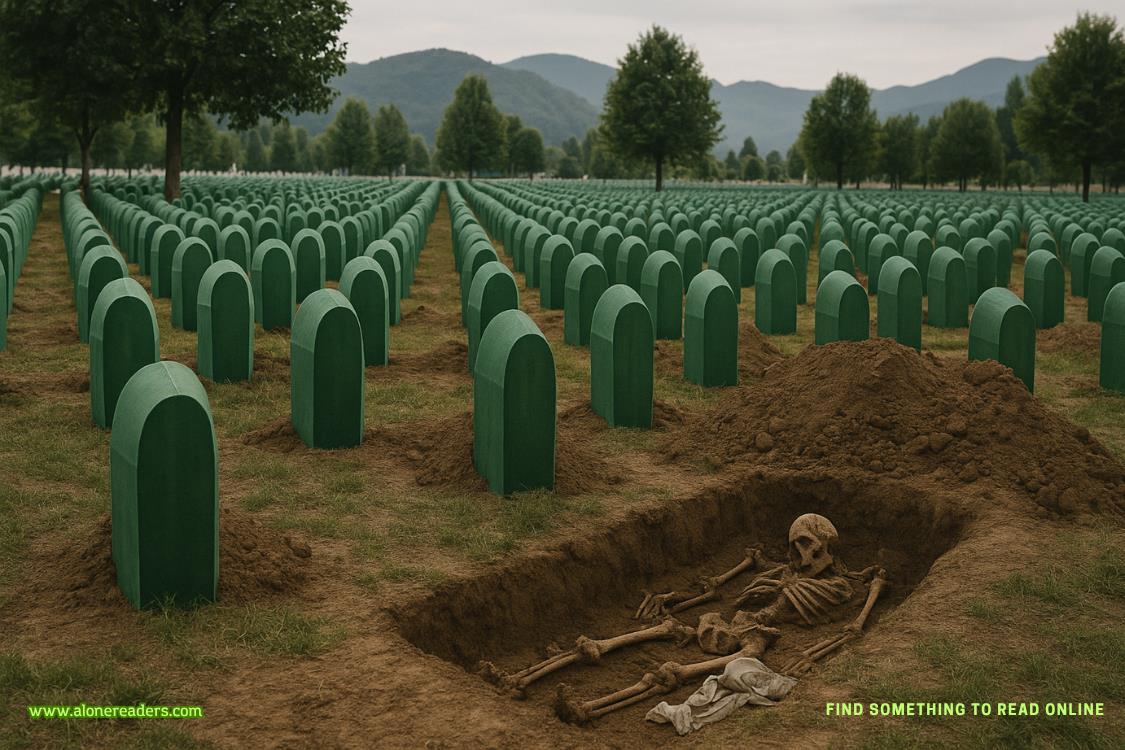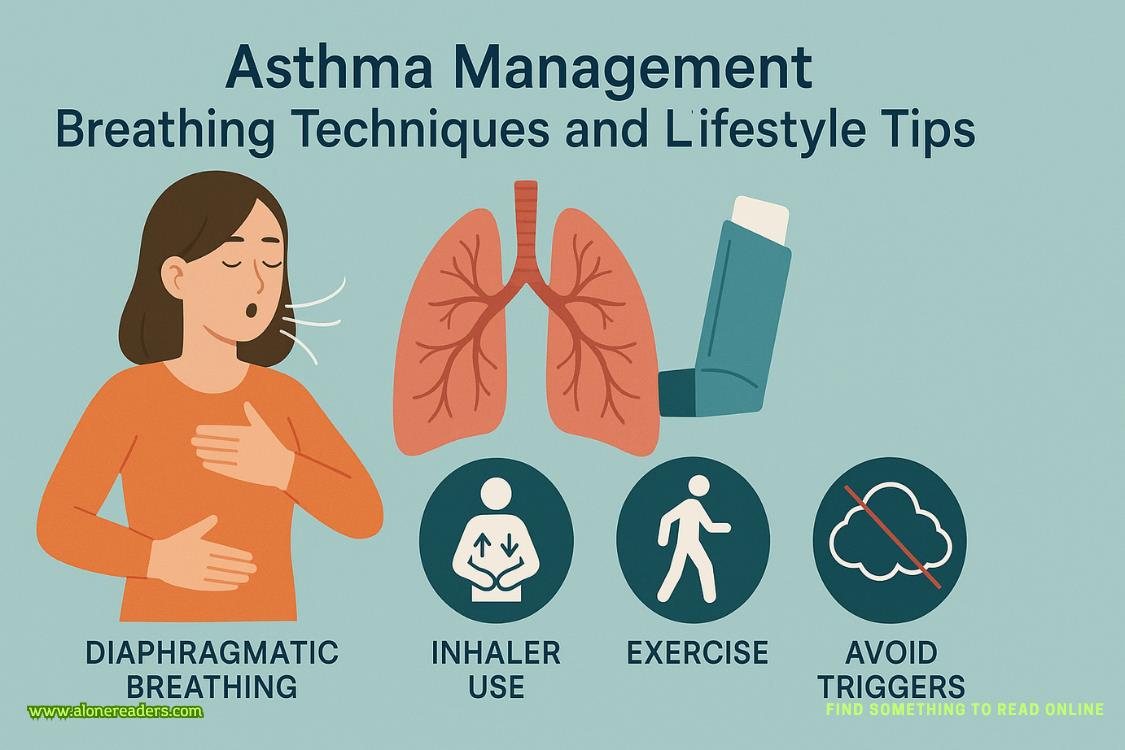Page 52 of We Live Here Now
Emily
I don’t linger on the third floor but bring the book downstairs into the sitting room, light a fire, and then get a cup of tea. My whole body tingles with the treasure of a mystery about to be solved. If I can just understand what it is that’s so strange about this house, then I can put it all behind me and move on with Freddie. Get away from here. But I need to know. And the answers are going to be in here. I can feel it. I settle into the sofa, pulling the blanket over me, and carefully start turning the yellowed pages.
I can only consider what led me to this house to be fate. The weather was fierce when the burned man was brought in to the hospital, and several of the staff had not managed to get to work that evening. So it was I, and not a nurse, who sat with him through his final hours. I was alone with the dying man as he muttered to me through the night, no others there to hear his strange story that could be mistaken for the babble of the insane.
Perhaps I too should have thought of his story as madness. He was, after all, very badly burned, but after my years of marriage with Hannah, I know how mania can be, and this man, broken and dying, did not sound like that. I sat at his bedside and listened, rapt, as he whispered to me the secrets of the house that had forever stood on the crossroads in the middle of nowhere that had brought him to his fate.
Three years have passed since he died, and some might say I am now as mad as he was. I left my position in the hospital and sold our house. I bought the burned-out shell and have painstakinglyrestored it to be exactly as the dying man described. With every brick laid, I’ve felt the strange lure of Larkin Lodge. The hunger of it. The joy it has to be alive again. It called me to it through his words, I’m sure. It knows I need its help.
Hannah has remained mainly in our apartment in Bath, which has suited us both. She enjoyed being a leading surgeon’s wife—she cared far too much about impressing others, which was a part of her I found distasteful—and has not forgiven me for leaving my position at the hospital.
When we first met, when I found her refreshingly challenging and intelligent and so charming and witty, a true equal, I did not realize she hid a lack of ability to forgive. That while she loved me, she loved my growing position in society as much as my person. Perhaps now she loves it more. She’d told me back then that, like me, she wanted a more equal society, but she loves her standing in the present one too much for that to be entirely true. When we first met she had been excited about the prospect of traveling and setting up a missionary hospital in Africa or India, but perhaps again she feigned more excitement than she felt. She was very quick to find reasons that we could not go, even though we have not been blessed with children.
Perhaps soon, all that will change. The house is rebuilt. The room on the top floor is ready.
The next entry is two weeks later. I keep reading, rapt.
Hannah finally came to visit, and she was in such surprisingly fine spirits after seeing how large and beautiful our new home was, and how she would be a leading lady in local society, that, prepared as I had thought myself, I couldn’t bring myself to kill her.
It was only afterward, as I waved her off in her carriage back to Bath to spend the month closing up the apartment, that I realized what a godsend that choice had been. I had not thought through all the consequences of what I planned. What if the dyingman’s tale had been naught but fantasy and I had poisoned Hannah as planned? I would have had no alibi for her death, and it is no secret among her friends in Bath that we have not been on the best of terms recently. Before long the truth of her death would be discovered and I would be hanged for murder.
I have decided what I will do. I’m a scientist and have been a fool not to think of it before now. I need to test what the dying man told me before I kill my wife.
The writing is less fastidious in the next entry, and I take a sip of the tea that is growing cold beside me.
I can hardly credit it, and perhaps it is I who is mad, but whatever is in the bones of this house the dying man did not lie about the strange peculiarity of its skill. I chose my test subject carefully. It had to be someone I knew well enough. Someone perhaps I cared for. After much deliberation I chose a fellow I had known in the army, who I had been for a while great friends with, a chap called James Masterton, who I knew to have fallen on somewhat hard times in Bristol. His situation did not surprise me. For while James had a warm wit and could be very kind, he loved and discarded too easily, his vanity requiring constant validation, and his temper was too quick to flare, especially when he had been drinking. These situations always made him remorseful, but not enough to stop his bouts of vileness. It was one such unpleasant altercation that had led me to back away from our friendship despite his pleas for forgiveness. I found it terribly upsetting, having felt such a kinship with him when we first met, but there was no alternative, especially once I began courting Hannah.
In the intervening years, I’d heard that he was living separately from his wife in small rented rooms by the Bristol docks, that his drinking had gotten worse, and that the business he had inherited from his father was failing. He had been a good army medic, but those days were behind him. His life was a misery, and for all his charm his failings caused misery in others. As I arrivedin Bristol to track him down and bring him home with me, I told myself that should my experiment fail, then his death would be no great loss to our society.
He was happy to see me, of course he was, and it was easy to persuade him to come and visit with me in a week or so.
The weather was on my side. He arrived on horseback—having no funds for a carriage—in a terrible storm that raged for days, and he had paused to talk to no one nor had he been seen by a soul as he’d neared the house, and he was in such a state of shivering cold that I thought for a while I might not have to do the deed at all.
He dried out by the fire, merrily commenting on its warmth, although I seem to be forever cold in the house, and we ate a supper of bread, cold mutton, and cheese—although I could barely stomach a mouthful—and he bitterly bemoaned his current predicament but also toasted his joy to be reunited with me as we shared some wine. And then, when I knew he was in his cups, with my heart in my mouth, I laced his large brandy with more than a dash of laudanum, and before it could fully take hold I suggested we retire for the night.
I pause and stare into the flames of my own fire.Forever cold in the house.Just like Freddie. My head is a swirl of past and present. Us, Fortuna and Gerald, and Christopher and Hannah Hopper, all linked by this strange house.
He stumbled up the stairs and complained at my insistence that he sleep on the third floor—I made some excuse about the middle floor not being ready yet and that perhaps he could help me with the work needed there. His legs began to crumple beneath him as we reached the second bedroom, and I held him up until he could flop onto the bed. He was muttering something and laughing and then within moments he was unconscious. I would like to say that I had some misgivings about what I was about to do, but I wascold and wanted to be by the fire, and all my friend’s failings had begun to irritate me once more.
As the storm raged outside, I saw only the worst of him and loathed him for it. I had worked so hard for all I had achieved in my life and he had been gifted so much and thrown it all away. I did not even have his charm, but a solid stoicism that I overheard Hannah describe once as dullness.
I had hoped that the laudanum would be enough to slip him into that endless void but, damn me to hell, while his breathing was shallower he was still very much alive. Perhaps he’d developed a taste for it over the years and had some tolerance to its effects. I had prepared for this eventuality and took the sections of rope I’d hidden under the bed and tied his wrists to the bedposts. He was a few years younger than me, and even despite his debauched lifestyle, more powerfully built, and I couldn’t risk that as he fought for his life he would overpower me.
I was right to do so for as I straddled his body, the pillow gripped in my hands, his eyes flew open, and the realization of what I was doing—along with not a small amount of confusion—was clear in them.
“I’m sorry,” I muttered. “But I have to know.” I pressed the pillow over his face as his body bucked and convulsed underneath me, desperate to stay in this world of the living. It was probably over in minutes, but it felt unfeasibly long before he fell still and I slowly stepped away. The pillow dropped to the floor and the sight of his face, frozen in a death mask of fear and rage, made my chest burn suddenly and I vomited violently all over the floor. A lifetime in the service of saving lives and now, in such a short space of time, I had become a murderer.
I sat in the corner of the room for hours as the storm raged outside, my head throbbing and my throat sore from vomiting. I was desperate for water, but I did not leave. By morning his body had cooled and rigor mortis was setting in, and there was no room for doubt that my erstwhile friend was anything other thandead. When dawn came I untied his hands, and despite having no energy I managed to haul his body from the bed and across the landing, his boots dragging heavily across the polished wood. Finally, out of breath and my whole body aching, I pulled him into the room that would decide both our fates, the room I built the house for, the master bedroom on the third floor. Outside, the storm was easing, and the first crack of dawn light broke through the clouds and streamed in through the large window, casting a spotlight on his grotesque corpse as I laid him in the center of the empty bedroom.
Exhausted, and sure my mind was on the verge of cracking, I closed the door behind me and went downstairs to my own room, where without even getting undressed, I fell soundly asleep.
I woke to silence and the conviction that I’d damned my soul to hell and that I had a body to dispose of. But, as I crawled out of my bed, the fool who had believed a raving madman, I heard whistling from downstairs. My robe about me, I flew down the stairs, and there he was, in the kitchen, James Masterton, a picture of health, making eggs on the stove.
“I fear I owe you a breakfast of apology, my friend. I must have drunk far too much last night and vomited in the bedroom. I cleaned it up with some rags and have scrubbed the floor, but perhaps only one or two glasses of wine with dinner tonight.”
He was alive and had no memory of his own murder.
The entry stops there, and my own breath is shaky. This is what Mrs. Tucker said happened to Gerald. He came down the stairs as if nothing had happened. There’s one more entry left, from two weeks after that, and I turn the page. Will there be an answer to my ghost here?















